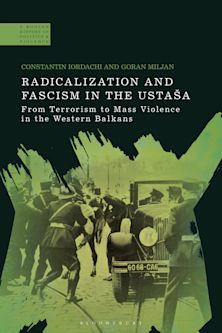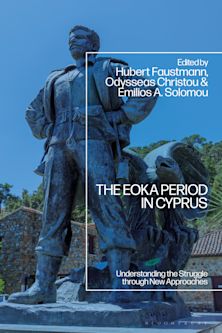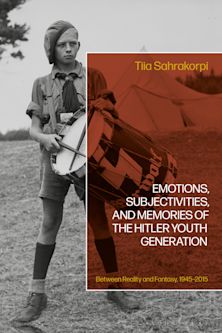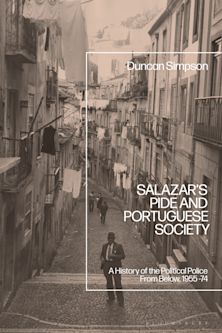Hvar in the Modern Age
Identity and Change in Southeast Europe
- Open Access
Hvar in the Modern Age
Identity and Change in Southeast Europe
- Open Access
Payment for this pre-order will be taken when the item becomes available
This product is usually dispatched within 2-4 weeks following the publication date
- Delivery and returns info
-
Flat rate of $10.00 for shipping anywhere in Australia
Description
In this open-access book, Florian Bieber traces the history of the Adriatic island of Hvar over half a millennium, from the advent of Venetian rule in the 15th century to the end of Yugoslavia in the late 20th century. The history of Hvar tells a larger story about modernity, the changing states and identity, tourism and the transnational entanglements of the Adriatic and Southeastern Europe. It shows how ordinary people dealt with the challenges of the rise of nations, transnational connections such as migration and tourism, and the shifting empires and states. Based on a wealth of archival materials from Croatia, Serbia, Hungary, Austria, the UK, and the USA, Hvar in the Modern Age also reveals the complexities of the history of the Venetian Republic, the Habsburg Monarchy and Yugoslavia from a bottom-up perspective and the realities and challenges of island life in southeast Europe during the modern period.
The ebook editions of this book are available open access under a CC BY 4.0 licence on bloomsburycollections.com. Open access was funded by the Austrian Science Fund (FWF).
Table of Contents
Preface
Introduction
1. Of Islands
2. From Antiquity to the Decline of Venice
3. Benign Neglect? Habsburg Rule
4. Competing Nation States
5. The Socialist Experiment
6. Croatia after Independence
Conclusion
Bibliography
Index
Product details

| Published | 02 Apr 2026 |
|---|---|
| Format | Hardback |
| Edition | 1st |
| Extent | 304 |
| ISBN | 9781350202658 |
| Imprint | Bloomsbury Academic |
| Dimensions | 234 x 156 mm |
| Publisher | Bloomsbury Publishing |
Reviews

OPEN ACCESS
Bloomsbury Open Access
Read and download this book free of charge from Bloomsbury Collections.




































